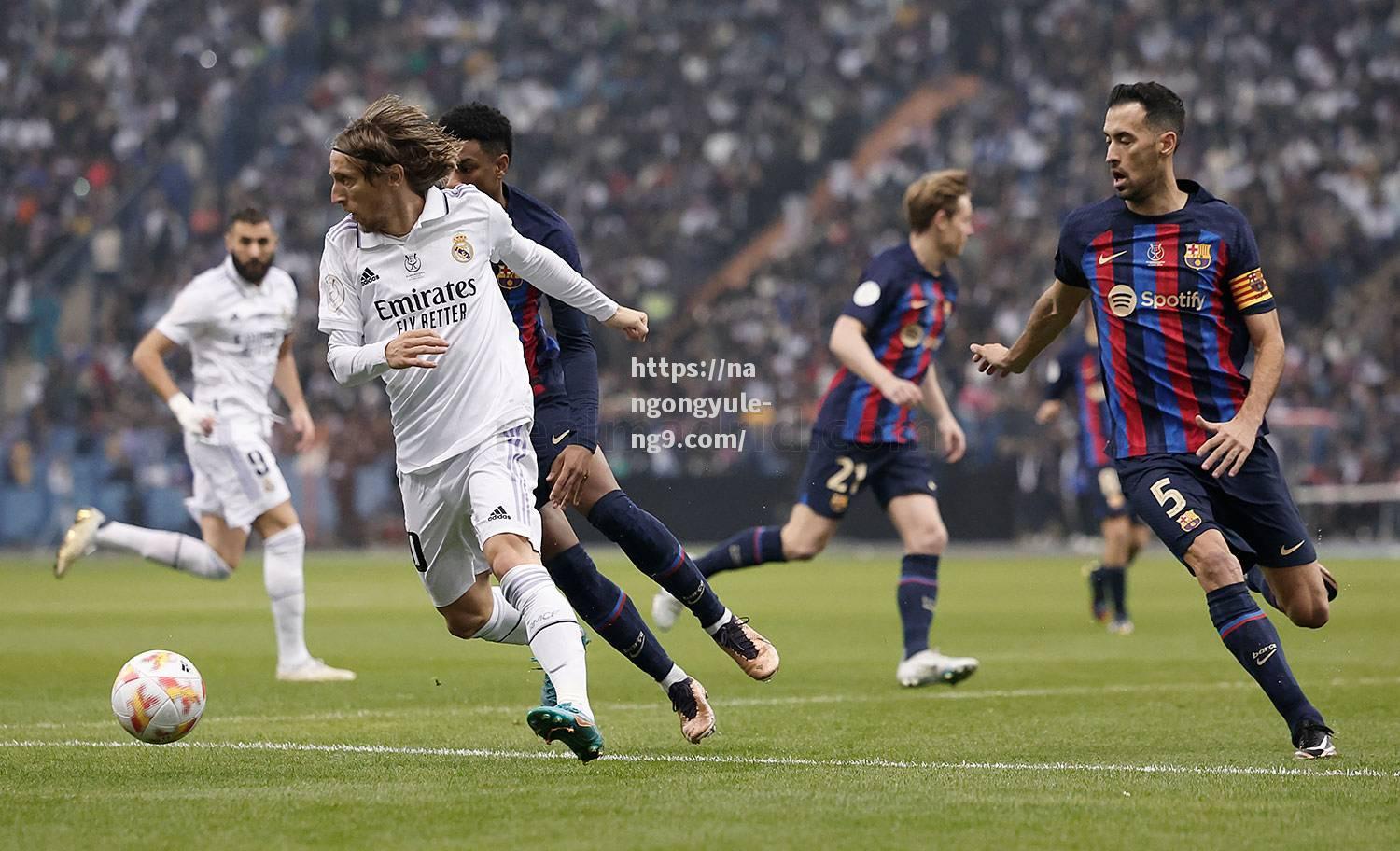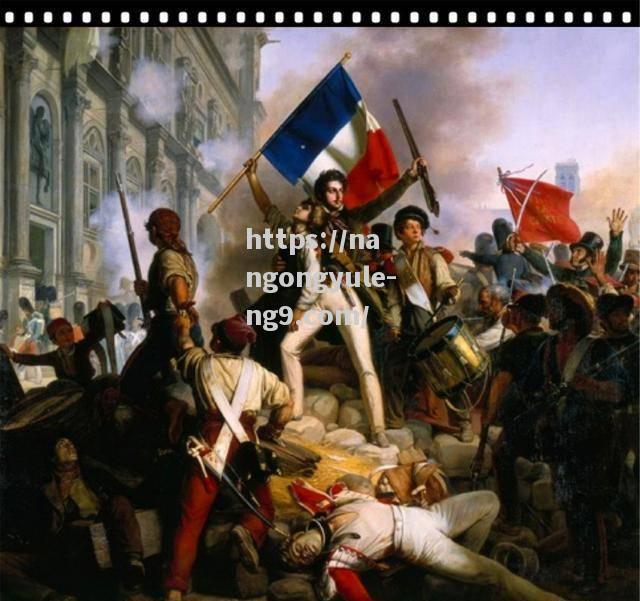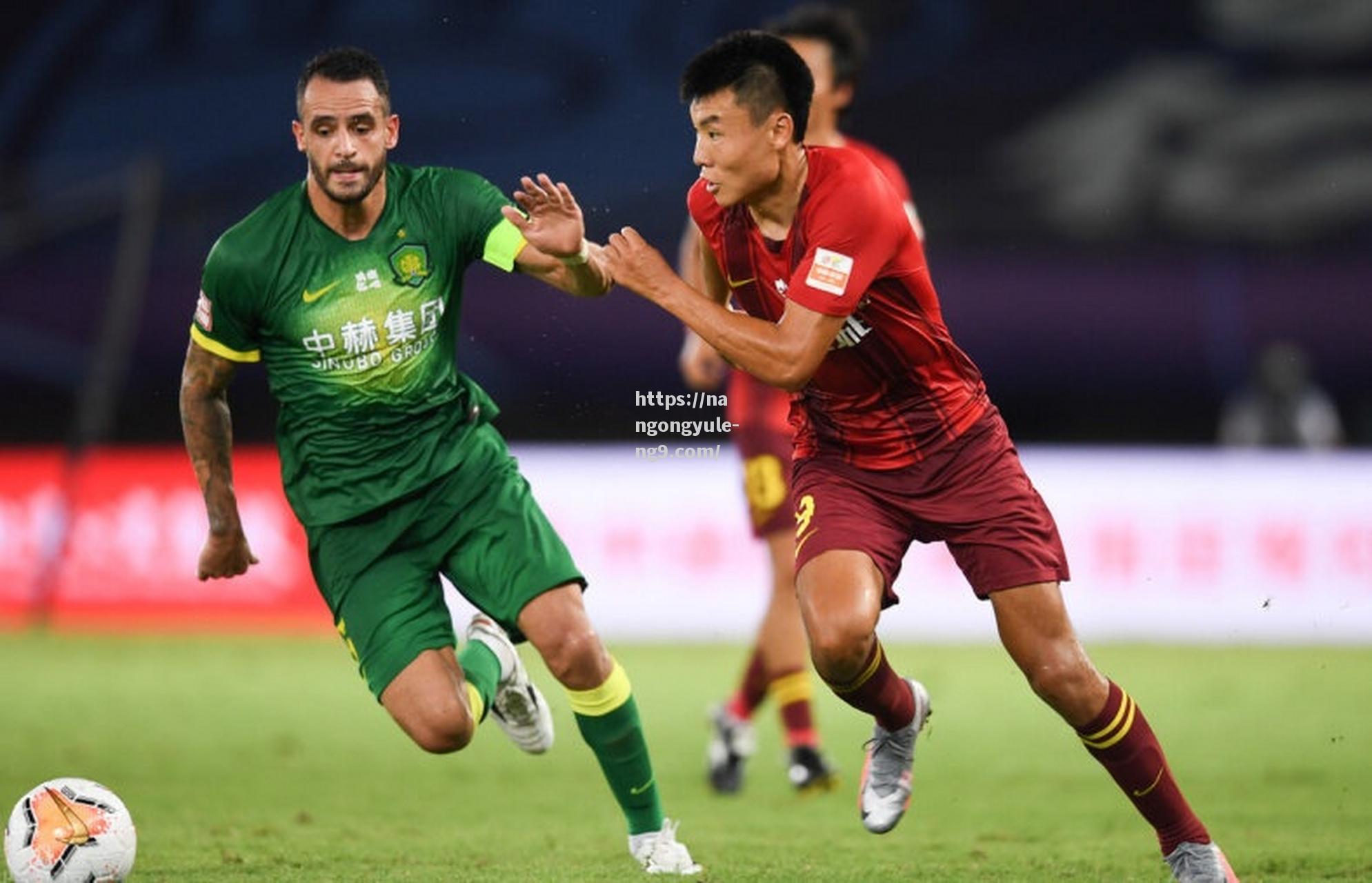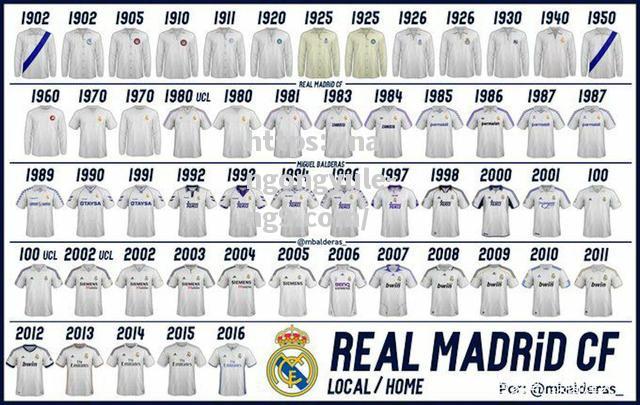快,关注小舆,一起好好学习~
After two years, why an OPEC deal now?
磨磨蹭蹭两年,为什么现在才签成协议?
OPEC has finally agreed to cut production, but only after two years of fruitless negotiations. So what changed to make an agreement possible now, after it had eluded negotiators at previous OPEC meetings
欧佩克在过去2年间,数次沟通无果后,终于在上周达成减产协议。为什么现在能达成减产协议?
The intense diplomatic manoeuvring behind the deal has been capably chronicled by my colleagues at Reuters , Bloomberg and the Financial Times.
路透社、彭博社和金融时报对协议达成背后激烈墨西哥足球女将赴美国训练,增强默契的外交手段进行墨西哥足球女将赴美国训练,增强默契了报道。
The common theme in these accounts is the personal intervention of top political leaders, which overcame the obstacles which had stalled negotiations at technical level.
这些报道都是以高层政治领导墨西哥足球女将赴美国训练,增强默契的个人干预为主题,内容关于如何解决因技术层面问题导致协商受阻。
But the context was a change in oil market conditions that made it more attractive for Saudi Arabia and other members of the Organization of the Petroleum Exporting Countries to reach a deal. For the first time since 2014, the kingdom can afford to cut output without too much risk that other producers would fill the gap by raising their output in the near term.
但是沙特和其墨西哥足球女将赴美国训练,增强默契他欧佩克成员国更愿意签订这样一份协议的背景在于,石油市场环境发生的改变。自2014年来,这是沙特首次在减产的同时不必冒着其墨西哥足球女将赴美国训练,增强默契他产油国为弥补市场空缺而提高产量的巨大风险。
The signal for the November 2016 agreement came when Iran was no longer able to increase its oil production further over the summer. Saudi officials have long stated that it would only be possible to reach an OPEC agreement once Iran had normalized its output following the lifting of sanctions.
伊朗在今年夏季石油产量没有增加,预示11月减产协议会得到落实。沙特官员长期以来一直表示,对伊朗解除制裁后,只有伊朗石油产量恢复正常,才有可能达成协议。
SAUDI SHIFT
沙特的改变
Saudi Arabia, the organisation's most influential member, has been seen as relatively unenthusiastic about a deal until the last few months.
沙特是欧佩克组织里最有影响力的成员国,几个月前对减产协议热情程度还相对较小。
But Saudi Arabia's veteran oil minister Ali al-Naimi, seen as a sceptic, was replaced by Khalid al-Falih in May, who has been more sympathetic to exploring the opportunities for an agreement.
但在今年5月,沙特石油部门资深部长欧那密(Ali al-Naimi)被撤换,取而代之的是法力赫(Khaled al-Falih),前者对减产协议持怀疑态度,而后者更愿意挖掘协议促成机会。
The Saudi economy has also continued to deteriorate, with a substantial increase in unpaid government and business bills, and a further fall in foreign reserves, all of which increased pressure for a deal.
沙特近年经济开始走下坡路,政府赤字增加,商业欠款加剧,外汇储量进一步下降 ,这些现象都对减产协议的签订起推动作用。
And the kingdom's "Vision 2030" economic transformation programme and planned share offering in the national oil company, announced in 2016, both depend for their success on higher oil prices.
沙特颁布的《愿景2030》经济转型计划和2016年宣布的国有石油企业股票发行计划能否成功,都有赖于油价上涨。
Saudi Arabia's willingness to strike a deal shifted at some point between the unsuccessful OPEC meeting held in June 2016 and the successful OPEC meeting held in September 2016.
此前,2016年6月欧佩克非正式冻产会议未能就原油产量限额达成一致,9月的会议达成减产目标,这两次会议都在某些程度上对沙特最后签订协议起到一定的推动作用。
By September, Saudi negotiators went to OPEC's meeting in Algiers eager to reach a deal and willing to show sufficient flexibility to get one done.
截止9月,参加阿尔及尔会议的沙特代表表现出推动协议达成的积极性,愿意在减产产量上有足够的灵活度。
The provisional agreement concluded in Algiers was then turned into a final accord in Vienna this week.
阿尔及尔会议达成的临时协议已在上周维也纳会议敲定。
INDISPENSABLE NATION
重要的地位
Saudi Arabia is not like other members of OPEC. Saudi Arabia has always been the indispensable nation without which no agreement is possible.
沙特与欧佩克其他国家不同,所有协议达成都不可缺乏沙特的参与。
"Saudi Arabia is more influential than other OPEC members," wrote Anas Alhajji and Michael Huettner in what remains the classic short study of the organisation ("OPEC and other commodity cartels", 2000).
Anas Alhajji 和 Michael Huettner在对欧佩克的经典短篇研究《欧佩克与其他商品卡特尔》中写到:“沙特阿拉伯是欧佩克成员国中影响力最大的国家。”
"Saudi Arabia meets all the characteristics of a dominant producer by having relatively large market share, excess capacity, flexible behaviour (and) the ability to move its price by increasing or decreasing production."
“沙特占有相对较大的市场份额,产能过剩,灵活度较高,能够通过增加或减少产量调整本国油价,上述特征说明沙特是举足轻重的产油国。”
"No other OPEC member has similar behaviour. Therefore Saudi Arabia should be treated on its own within OPEC," they concluded.
两位作者认为:“其他欧佩克成员国做不到这个程度,因此沙特应该被特殊对待。”
"Some of the confusion surrounding OPEC behaviour has been caused by mistakenly assigning the power of Saudi Arabia, along with its Gulf allies, to OPEC (as a whole)."
“沙特和海湾联盟国家的权利尚未得到适当分配,导致欧佩克组织举步维艰。”
MARKET SHARE
市场份额
Saudi officials have stated consistently the kingdom will not sacrifice market share to other producers - whether U.S. shale firms, OPEC rivals such as Iran and Iraq, or non-OPEC competitors such as Russia.
沙特官员一直坚持,不会对其他产油组织让出市场份额,包括美国页岩油公司、欧佩克组织内如伊朗和伊拉克这样的竞争国,还有俄罗斯这样的非欧佩克国家。
Saudi officials refused to cut output during 2014 and 2015 for fear that any price increase would simply throw a lifeline to U.S. shale firms and encourage them to raise their production. Since May 2015, however, U.S. oil production has been falling, eliminating one source of competition.
2014年至2015年期间沙特考虑到,油价任何一点上涨都会挽救美国页岩油公司,刺激产量提高,所以沙特拒绝减产。然而,自2015年5月起,美国石油产量下降,意味着竞争者之一退出。
Saudi Arabia continued to refuse to cut output during 2015 and the first half of 2016, citing the threat of increased production from Iraq, Iran and Russia. But by the summer of 2016, Iranian output appeared to have reached a temporary plateau following the lifting of sanctions, reducing the threat from that quarter.
15年和16年上半年因伊朗、伊拉克和俄罗斯产量增加具有威胁,所以沙特依旧拒绝减产。但伊朗产量在2016年夏季解除制裁后达到平台期,威胁程度下降。
The main challenge to Saudi market share now comes from Iraq and Russia, both of which have increased their output this year. But Saudi officials may have concluded the scope for further increases in the short term was modest and that an agreement to freeze Iraq's and Russia's output around current levels would be viable.
如今在市场份额方面,沙特主要挑战来自伊拉克和俄罗斯,两国在今年均提产。但沙特短期内提升产量计划幅度较小,较有可能通过协议将伊拉克和俄罗斯的产油量维持在当前水平。
MARKET POWER
市场势力
Saudi officials have usually assumed, with justification, that other OPEC and non-OPEC members will cheat on any production agreement if they can. But sometimes other OPEC and non-OPEC countries are unable to cheat because of war, sanctions, social unrest or lack of investment, which makes deals possible.
沙特官员曾经常表示,公平地说,如果可以,欧佩克其他国家和非欧佩克国家它们都会在产量协议上有所欺瞒。但有时这些国家受战争、制裁、社会动荡或缺乏投资等因素影响,所以协议仍旧可行。
Between 2014 and 2016, Saudi Arabia had no incentive to cut production because other countries were likely to respond by increasing their own output. Riyadh would have been left with lower output and unchanged or lower prices, resulting in lower revenues. Output cuts were not an optimal strategy for the Saudis.
2014年至2016年间,沙特没有减产动机,因为此举可能会导致其他国家增产。本来沙特减产、国内油价不变或下降,财政收入也相应减少。因此,对沙特而言减产不是最佳策略。
But with Iran's output apparently peaking in the summer of 2016, opportunities for cheating have become more limited. Most other OPEC members are struggling to maintain current production and have few options to raise output.
但是,伊朗今年夏天产量显著提升,作弊机会更有限。其他成员国在拼尽全力维持当前产量,没有什么理由提高产量。
The main challenge comes from further increases in output from Iraq and Russia, and both countries have agreed to freeze or cut their output under the November agreement. Given output from other sources is now maximized or frozen, Saudi Arabia's optimal strategy is to reduce output and secure an increase in prices.
伊拉克和俄罗斯产量进一步提升是最主要的问题,不过这两国也在11月份达成的协议中同意冻产。因为其他国家选择冻产或产量已经达到最大值,所以沙特最佳策略是减产,提升油价。
1999 OUTPUT DEAL
1999年产量协议
The circumstances for an output deal are somewhat similar to those which facilitated the successful output-cutting deal of March 1999 between OPEC and certain non-OPEC countries.
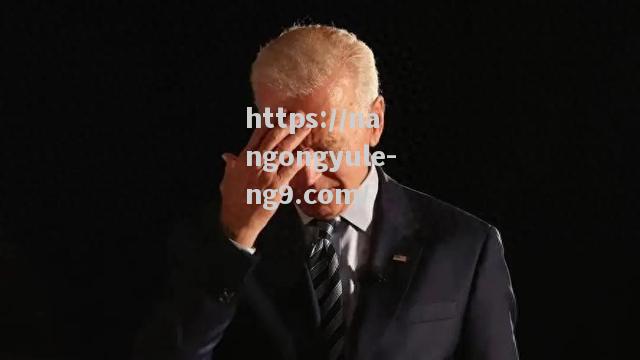
1999年4月,欧佩克与非欧佩克国家曾达成减产协议,当时的背景与现在类似。
"Lower capacity prevented OPEC members from cheating and prevented non-OPEC members from increasing their production," after March 1999, Alhajji and Huettner explained shortly afterwards.
Alhajji和Huettner在1999年4月曾表示:“因产量较少所以欧佩克国家不会发生欺瞒情况,非欧佩克国家也不会增产。”
"The only country that reduced production voluntarily .... was Saudi Arabia, with marginal help from Kuwait and the UAE, while all other oil producing countries were forced to reduce their production because of technical, political or natural factors," they said.
“沙特是唯一一个主动减产的国家,科威特与阿联酋长产量也稍有降低,其他产油国因科技、政治和自然条件的约束被迫减产。”
"The reason for the success of the March (1999) agreement, which included non-OPEC members such as Mexico, Oman, Norway and Russia, despite the failure of all prior agreements since 1984 in lifting prices is the inability of many countries to produce more oil."
“自1984年以来一些提高油价协议都遭到失败,但 1999年4月却成功达成减产协议,其中还涉及墨西哥、阿曼、挪威和俄罗斯等非欧佩克国家,协议成功达成主要在于许多产油国无法进一步提产量。”
Production cuts are made by Saudi Arabia and its allies, rather than by OPEC as a whole, or by OPEC and non-OPEC.
减产石油并非欧佩克全体成员国或是欧佩克与非欧佩克国家推进的结果,而是沙特与其盟国推进的结果。
SELF INTEREST
自身利益
Saudi Arabia and its allies only cut output when they are confident other OPEC and non-OPEC members have limited capacity to cheat.
只有在比较确定其他组织内外产油国可欺瞒的余地有限的前提下,沙特和其盟国才会减产。
These conditions occurred in March 1999 and again in November 2016, which is why Saudi Arabia and its allies have been willing to agree to a production cutting deal.
1999年4月和2016年11月出现这种情况,因此沙特和其他国家愿意签署冻产协议。
While the current deal contains commitments to production cuts or freezes from other OPEC and non-OPEC members, and a verification mechanism, it does not really depend on them to be effective.
目前协议冻产涉及欧佩克和非欧佩克成员国,同时包含核查机制,但也不能完全依赖这些达到效果。
From a Saudi perspective, the important consideration is that Iran cannot increase its output much further, and that Iraq and Russia have committed to freezing if not actually reducing their output.
对沙特而言,一个重要的顾虑在于,就算伊朗、伊拉克与俄罗斯没有实际减产行动,伊朗也不会进一步增产,伊朗和俄罗斯也在积极推动冻产。
In the next year, the main threat to the deal comes from U.S. shale as well as from Iraq and Russia. The deal can survive some degree of "slippage" from shale and other OPEC and non-OPEC producers because consumption is growing, which will help absorb some non-compliance as well as a limited shale revival.
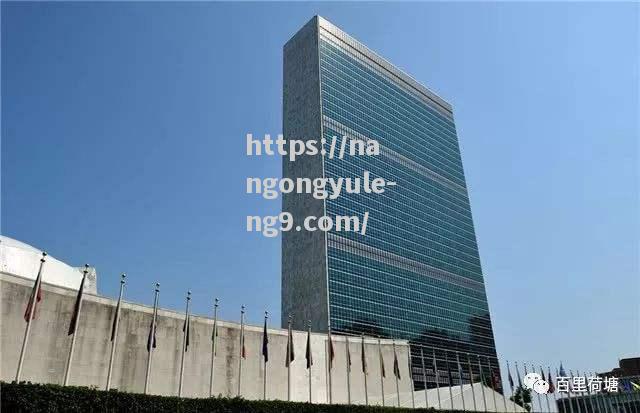
明年美国页岩油、伊朗和俄罗斯方面是主要威胁,该协议能在页岩油和其他欧佩克与非欧佩克产油国某些程度上“贬值”的前提下避免情况恶化,因为石油消耗量会增加,可消耗一部分不遵守协议的石油产量以及页岩油的少量回升。
But if rival producers start increasing their output significantly, maintaining output cuts will no longer be optimal and Riyadh will adjust its strategy accordingly.
如果其他竞争国家开始大幅度增产,减产就不再是最佳做法,沙特也会相应调整策略。
Until then, Saudi Arabia is acting in its own interest by cutting production, even if other OPEC and non-OPEC producers fail to follow through fully on their commitments.
到那时,就算其他欧佩克或非欧佩克国家没有彻底贯彻承诺,沙特也会通过减产来保证本国利益。
尽心传递
尽情分享
能源最新动态
发布精准资讯
互动交流
打造能源权威的
舆情研究服务平台
能源舆情
翻译:林颖(微信部)
审校:高鹤(微信部)
微信号:EnergyPublicOpinion
微博:中国国际能源舆情研究中心
网站:https://www.energypo.org/
邮箱:cupxuegong@126.com
中国石油大学(北京)
中国国际能源舆情研究中心出品



